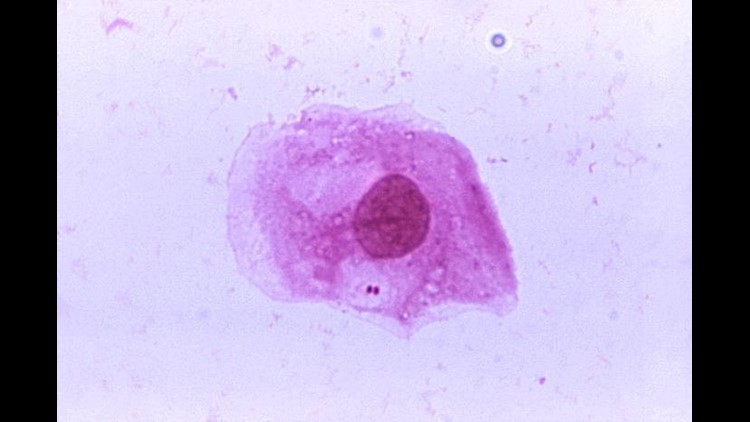A meningitis outbreak has killed 489 people in Nigeria this year, the World Health Organization said Thursday. The country’s Center for Disease Control reported 4,637 suspected cases.
Meningitis is a serious infection of the thin lining that surrounds the brain and spinal cord, which can cause brain damage. “Stereotype C,” a new strain of meningococcal meningitis, emerged in Nigeria in 2013.
Untreated, meningococcal meningitis, the bacterial form of the disease, is fatal in 50% of cases.
The WHO also said that a vaccination campaign organized by the International Coordinating Group on Vaccine Provision is underway in Nigeria.
The coordinating group — which is managed by the WHO, Médecins sans Frontières, the International Federation of Red Cross and Red Crescent Societies, and the United Nations Children’s Fund — is tasked with provision of emergency vaccine supplies during outbreak emergencies.
Last month, Nigeria’s Center for Disease Control warned that there were not enough vaccines.
“There is a vaccine available,” Chief Executive Chikwe Ihekweazu said, “but it is not commercially available for the stereotype involved in this specific outbreak, and we have to make application to the World Health Organization for the vaccines.”
However, in a press release on April 1, Health Minister Isaac Adewole said that up to 1.3 million vaccines had been acquired, including 500,000 doses of meningococcal vaccine provided by the WHO.
An additional 820,000 units have been donated by the British government, according to the WHO.
As part of the campaign, an emergency response team has been sent to the five states in the northwest of the country that have been hardest hit by the outbreak. Along with vaccines, 20,000 vials of antibiotics have been sent to treat people with the disease.
According to the WHO, even when the disease is diagnosed early and adequate treatment begins, 5% to 10% of patients die, typically within 24 to 48 hours of the onset of symptoms.
Common symptoms include stiff neck, high fever, sensitivity to light, confusion, headaches and vomiting.
Nigeria is one of the 26 countries within the extensive region of sub-Saharan Africa known as the “meningitis belt,” where large epidemics occur. The outbreaks peak in the dry season in certain states due to the low humidity and dusty conditions and usually end as the rainy season approaches, Ihekweazu said. Nigeria records some of the highest incidences of the disease on the continent.
“Meningitis is a tough disease, especially during this period, and it is associated with overcrowding, understanding the living conditions in the country, people must keep their building ventilated,” he said.
“We believe that our concerted efforts will bring this outbreak under control, as we also work towards preventing outbreaks of this scale in the future,” the Center for Disease Control said as local and international organizations work together to manage the epidemic.



